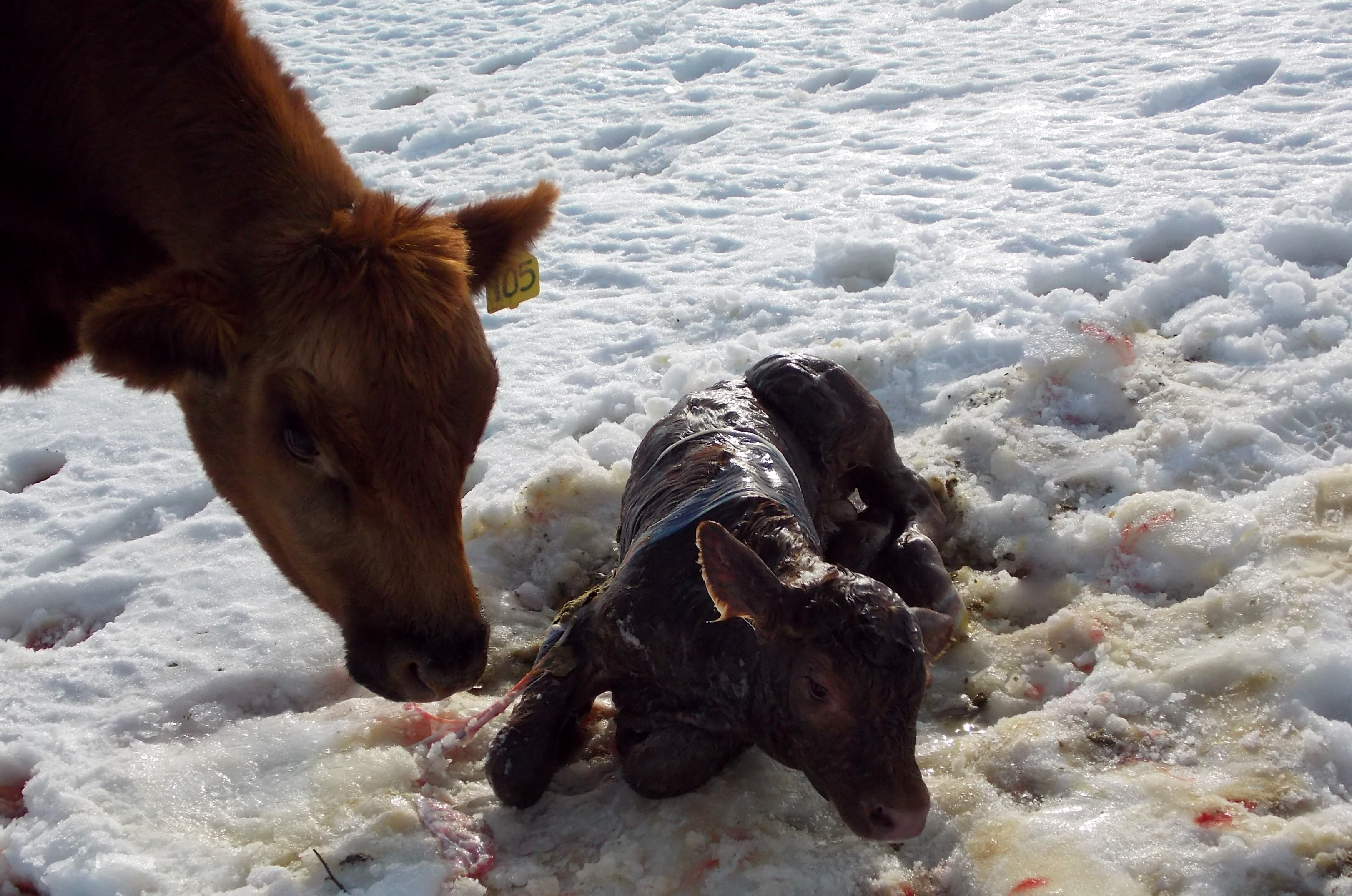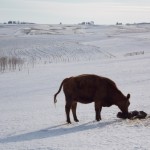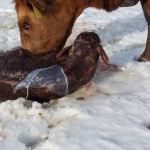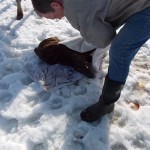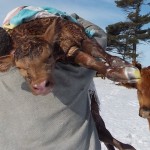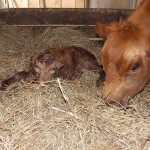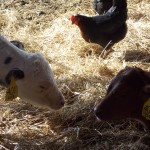Our boys have been raised with certain expectations. They haven't always willingly followed the rules or program, we've laid out for them, but the consequences have been made clear. Sometimes there's a painful shock to them when they realize they're off track. At one time, one of our son's was cutting corners and not living up to his obligations. He was twelve at the time and earned money helping around the farm. He also had his own farm related side business and was earning a nice income from it. Despite clear guidelines he decided to slack off, thinking we wouldn't notice. We noticed. He was given one warning, didn't heed it, and was fired. Eventually he earned our trust and was re-hired and there hasn't been an issue since. Last week we were asked if we'd take a thirteen year old into our home for the summer to teach him responsibility. I'm not sure I know how to teach responsibility to a teenager. We didn't teach our boys, they learned by example. They've worked side by side with us for seventeen years and twenty years, respectively. They've been given responsibility. When they accomplished the small tasks they were given larger ones. The rewards started small and grew larger, as well. Truth be told, we never believed we were raising four year old boys, fourteen year old boys, or even eighteen year old boys, we were raising men. That was our goal, so that's how we treated them; like men. Being given instruction, responsibility, and compensation they've gained independence. They're capable of helping friends and neighbors without any concern that they're unprepared for the job. They can earn their own money, set their own goals, and accomplish great things, not because we've taught them, but because we've worked with them. This particular thirteen year old is welcome at the farm. We're willing to work with him, too, but at some time he's going to go back home. If at home there isn't an expectation of responsibility, then the time spent here will have been for nothing. He just won't get it. He'll forever be an adolescent with no direction and when he's out on his own he'll be in for a shock, a painful jolt of reality. He just won't get it.
“A brat is a child that acts like yours – but belongs to your neighbor.”
The cows are trained to respect the electric fence. The sheep are respectful of it, too. Every now and again we raise a few bottle lambs who aren't loyal to the flock of sheep, instead they bond with the goats who are independent and refuse to follow the grazing plan we've laid out for them. They scoot over, under and through the fence, going wherever they want. They aren't protected by the herd, which makes them vulnerable to predators, so they're kept in a separate pasture and rotated on a more limited basis. The cows get it. The sheep get it. The goats don't, and they never will. I'm talking about our MIG grazing program.
Every now and again we'll have other farmer's cows here for breeding to our bulls. There's always a learning curve with the visiting cows, especially if they have calves at their side. These calves aren't trained to the electric fence and run through before they realize there's a consequence waiting for them; a painful shock. The guest cows follow the herd, learning to wait patiently at the electric fence's gate handle for one of us to move it aside so they can advance into the next paddock. They're moved daily, which makes learning the routine a quick process.
Every summer the same few cows return for breeding. As soon as they step out of the trailer they remember the grazing system and follow the herd. They don't challenge the system, they get it, they just get it.
Attitudes are contagious. Is yours worth catching?

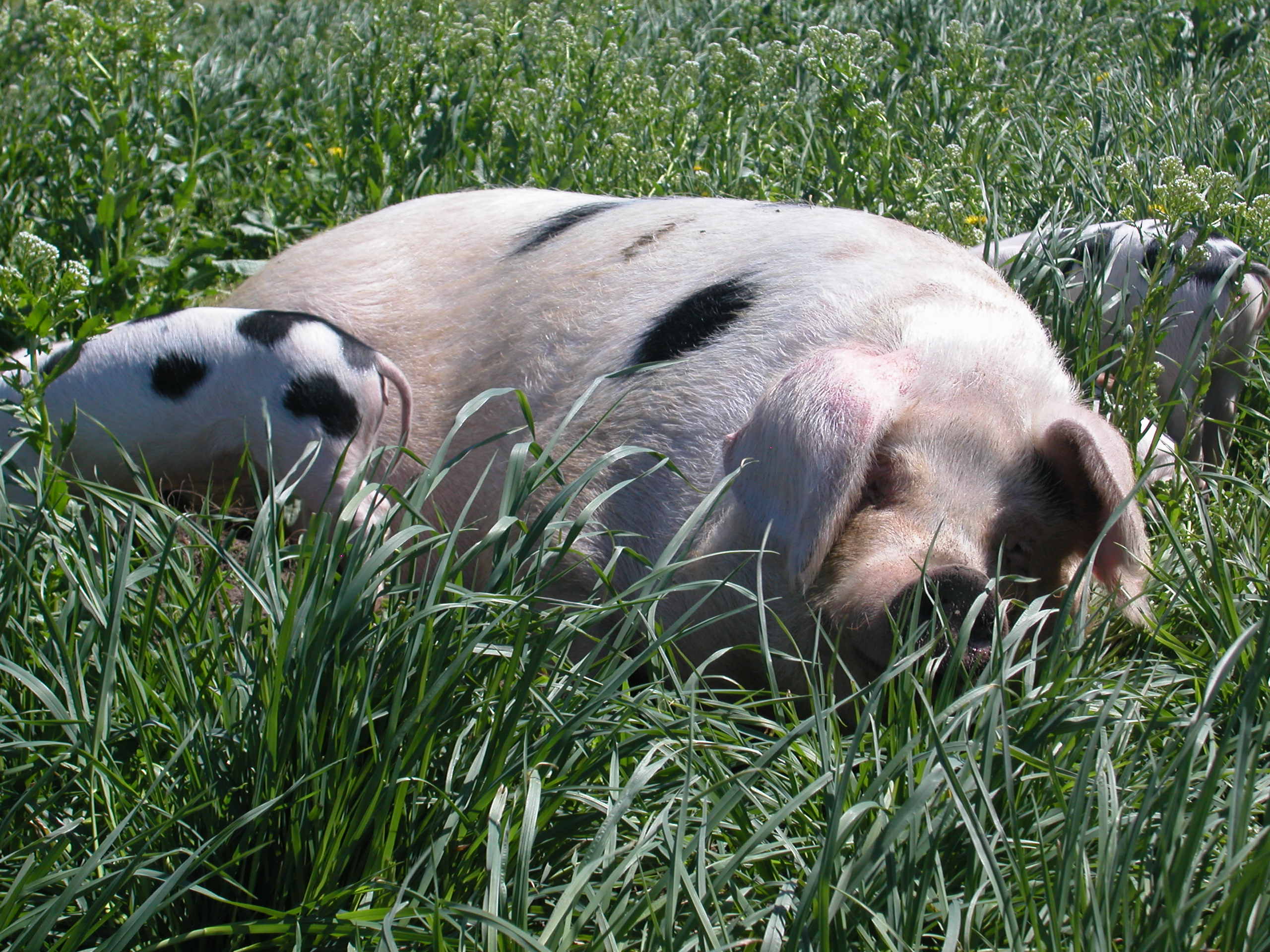
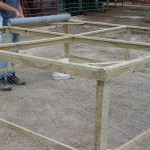
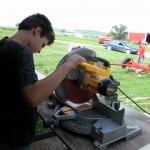
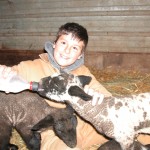
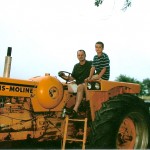
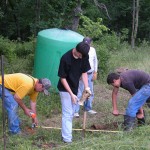
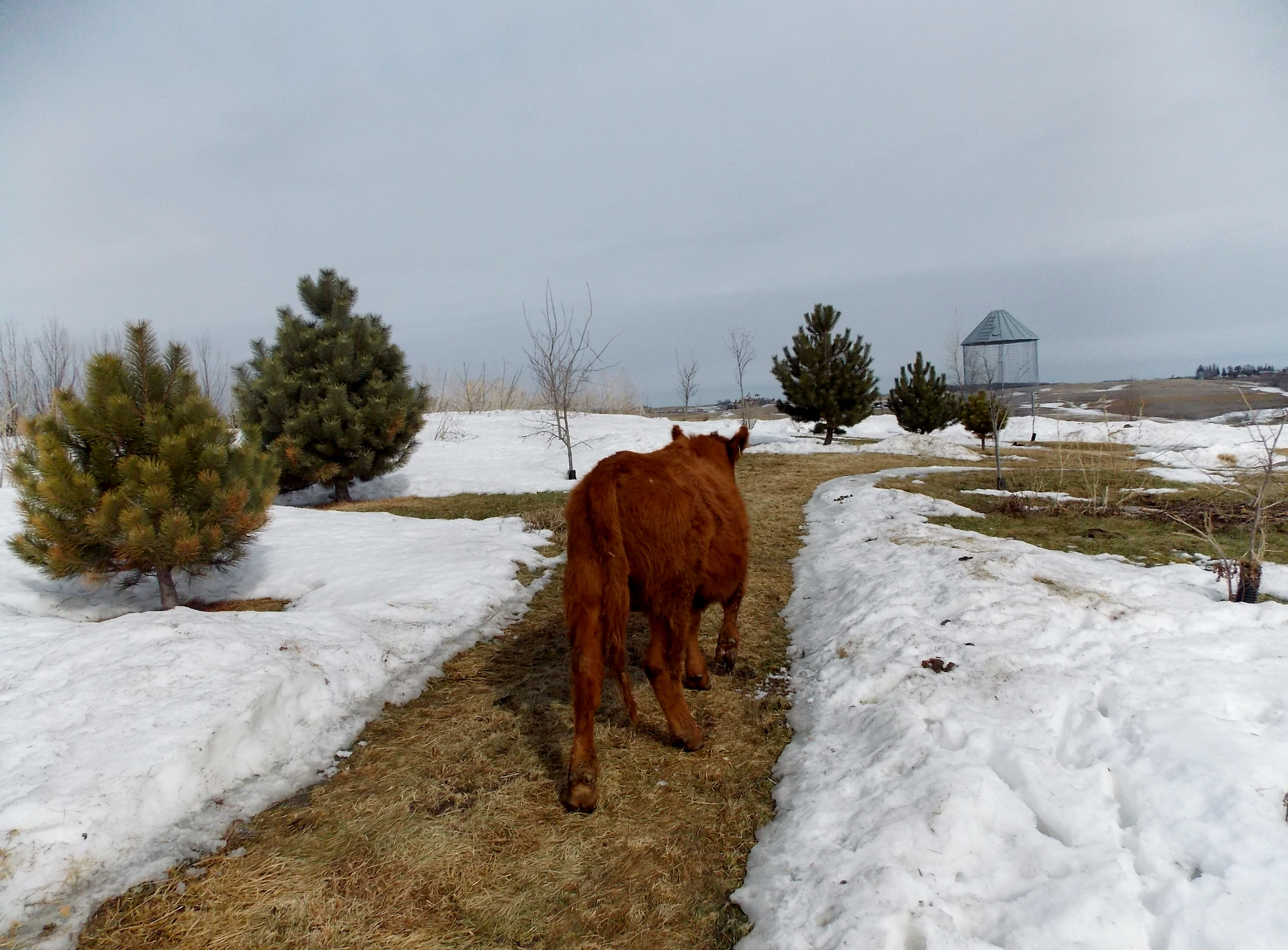
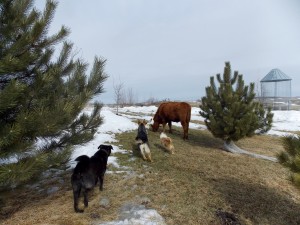 Electric Revenge
Electric Revenge